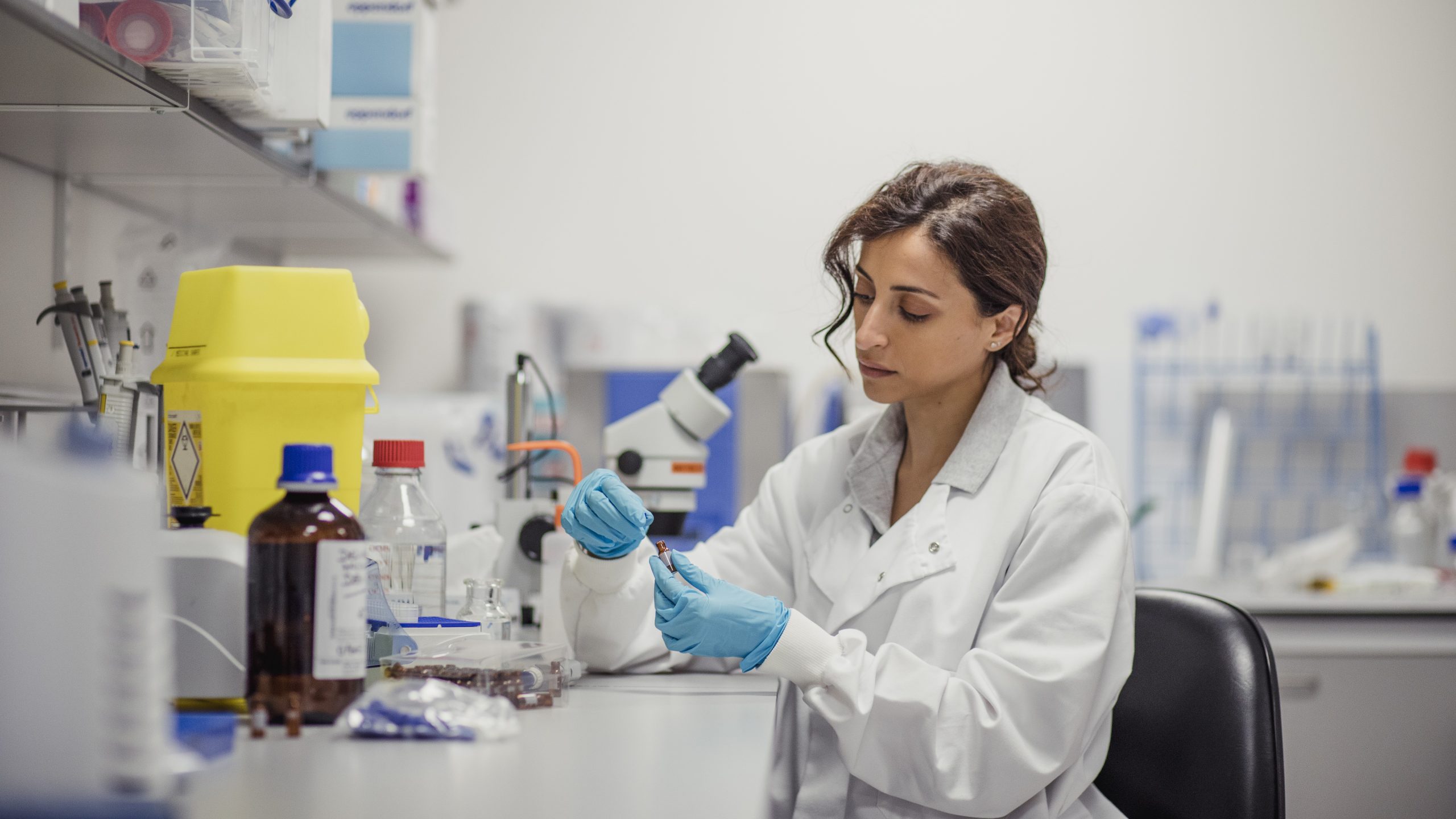Key points
- Serologic testing is the primary method for diagnosing La Crosse virus disease.
- A positive La Crosse virus-specific immunoglobulin (Ig) M test result should be confirmed by neutralizing antibody testing at a state public health laboratory or CDC.
- Contact your state or local health department for assistance with diagnostic testing.

Considerations
Serologic testing remains the primary method for diagnosing La Crosse virus disease. La Crosse virus is difficult to isolate from clinical samples, and almost all isolates and viral RNA have come from brain tissue or rarely cerebrospinal fluid (CSF). For immunocompromised patients, molecular testing (e.g., RT-PCR) might be more sensitive than serologic testing.
La Crosse virus disease is a nationally notifiable condition. All cases should be reported to local public health authorities in a timely manner. Reporting can assist local, state, and national authorities to recognize outbreaks and to implement control measures to reduce future infections.
Recommended tests
Combined with a consistent clinical presentation, a preliminary diagnosis of La Crosse virus disease can be made by detection of La Crosse virus-specific IgM antibodies in serum or CSF.
- La Crosse virus IgM tests are available commercially, in some state health department laboratories, and at CDC.
- Because of potential cross-reactivity in the IgM assay to related viruses (e.g., Jamestown Canyon virus), a positive La Crosse virus IgM test result should be confirmed by neutralizing antibody testing of serum or CSF specimens at a state public health laboratory or CDC.
- Viral cultures and tests to detect viral RNA (e.g., RT-PCR) can be performed on serum, CSF, and tissue specimens collected early in the course of illness and, if results are positive, can confirm an infection. Some patients who are severely immunocompromised might require molecular testing for diagnosis.
- Immunohistochemistry (IHC) can detect La Crosse virus antigen in formalin-fixed tissue. Negative results of these tests do not rule out La Crosse virus infection. Viral culture, RT-PCR, and IHC can be requested through state public health laboratories or CDC.
To submit specimens for testing, please contact your state or local health department. They can assist you with determining if samples should be sent to the CDC Arbovirus Diagnostic Laboratory for further testing. Specimens should be submitted to CDC through state health departments. All results will be sent from CDC to the appropriate state health department.
